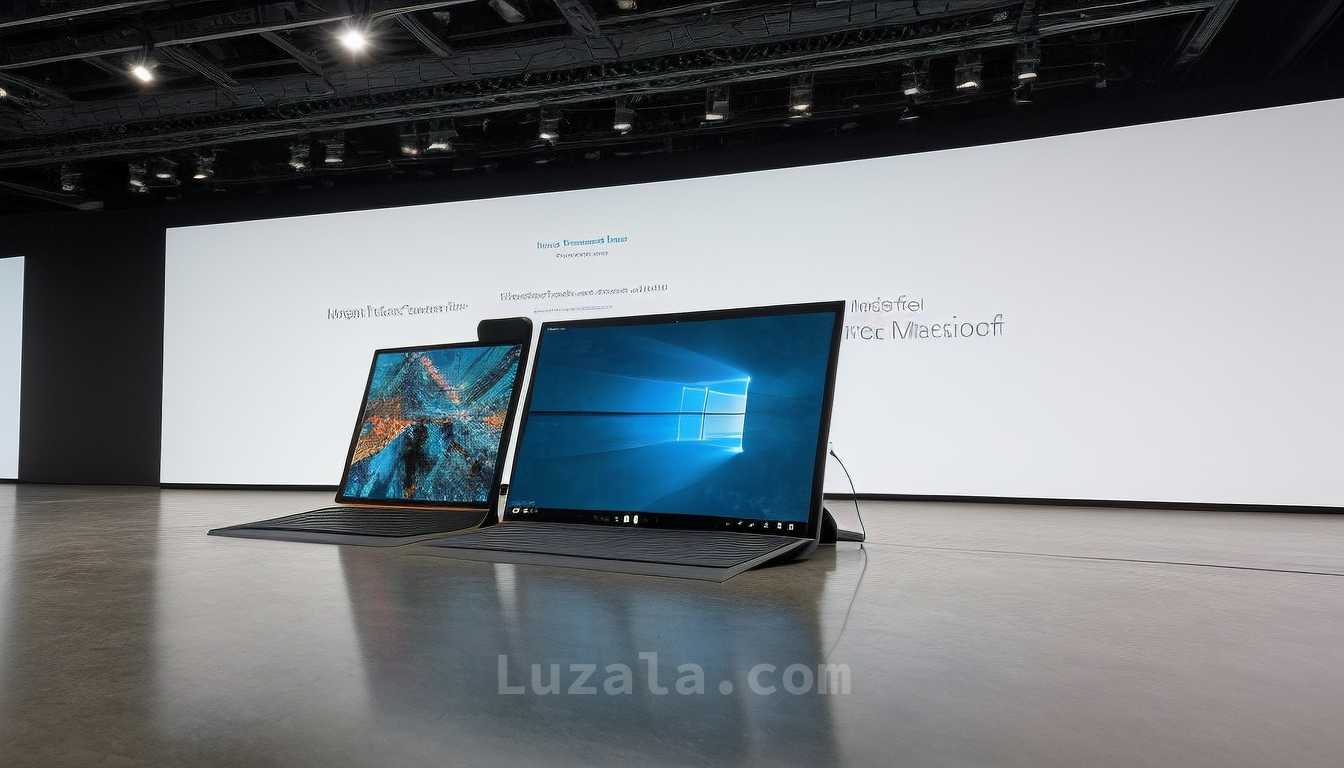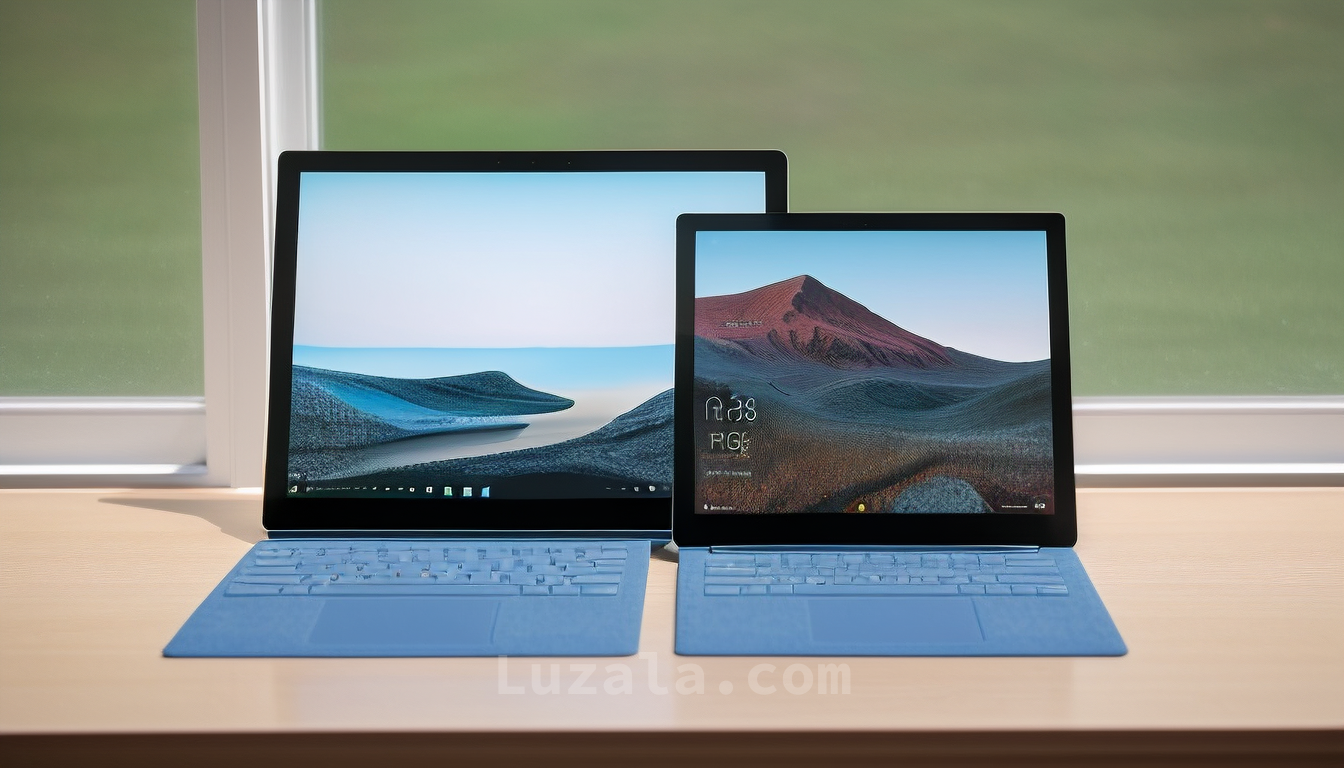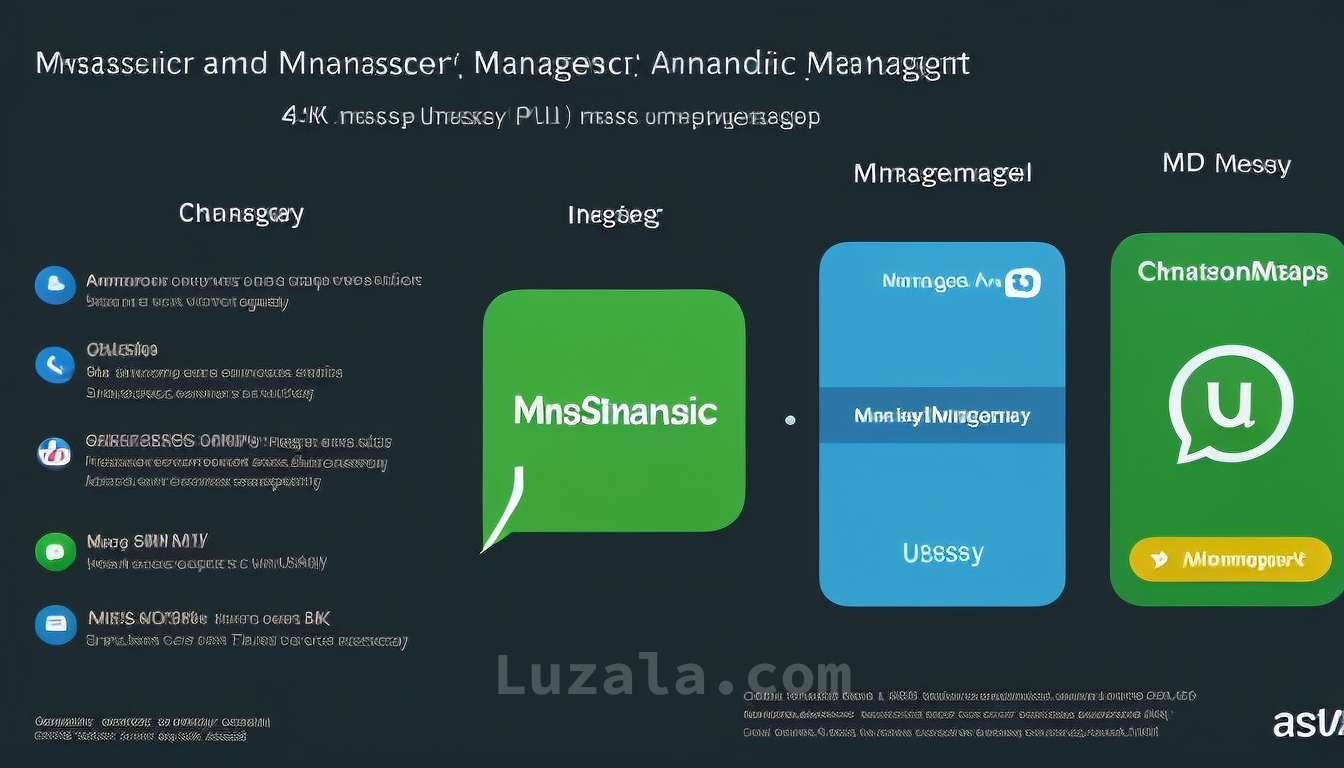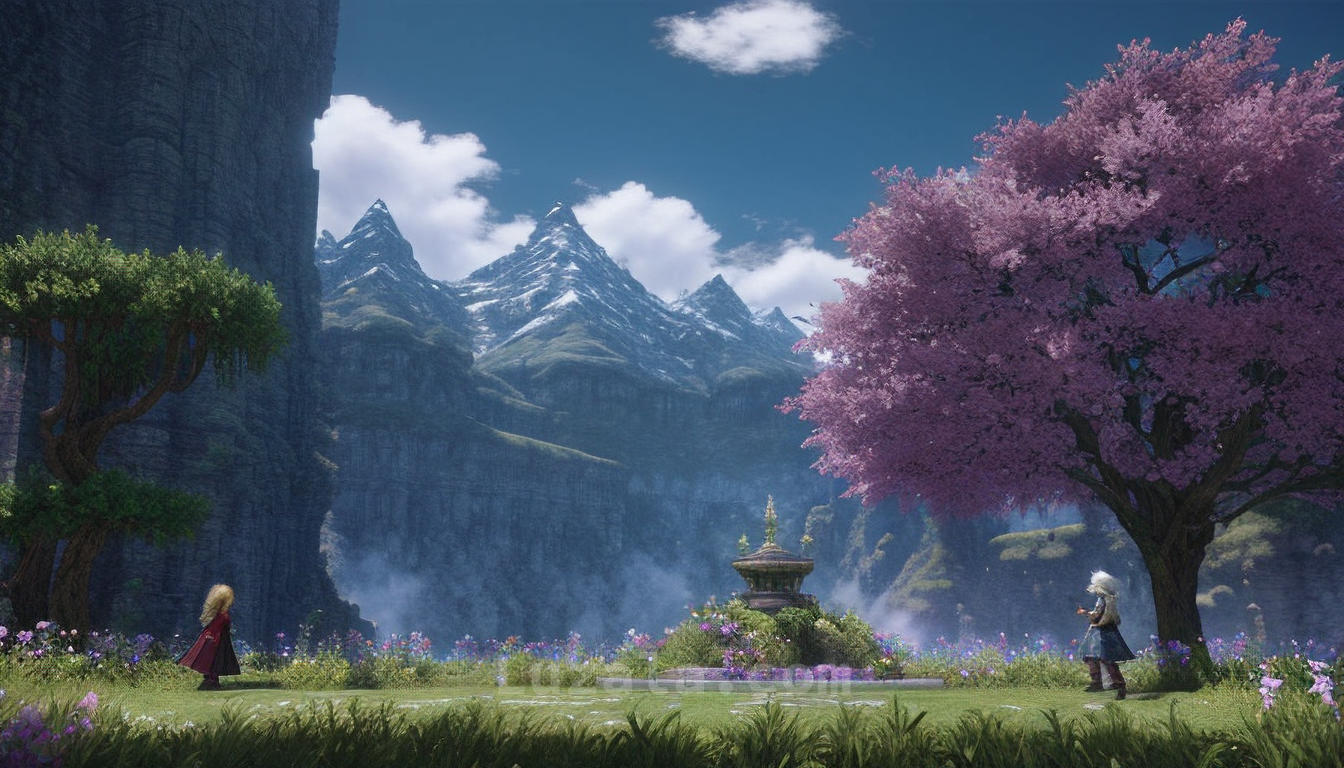Unity's Game-Changing Pricing Shift: Developers Sound Off
Unitys new pricing model charges developers based on downloads, sparking industry debate. It reflects broader challenges in gaming: oversaturation, time-centric revenue, and consolidation.
Unity's Pricing Shift: Navigating the Changing Landscape of Game Development
In a recent announcement, Unity, the renowned game development platform, dropped a bombshell on the gaming community by revealing plans to charge developers based on the number of downloads or installs of their games, starting in 2024. Unsurprisingly, this revelation triggered a wave of discontent among developers, with the term "fair" being thrown around like confetti. It's a somewhat amusing scenario when profit-driven companies, including most game developers, accuse another profit-driven entity like Unity of unfairness for wanting to boost its earnings. However, it's essential to empathize with the shock and uncertainty that many developers must now grapple with.
The concept of "fairness" often hinges on one's perspective. From Unity's standpoint, and likely that of its shareholders, the company has been subsidizing developers' work for years, often operating at a substantial GAAP-basis loss. Despite posting a profitable Q4 in 2022, the backdrop of the current macroeconomic climate with expensive money and investors chasing returns over non-profitable revenue growth has prompted Unity to rethink its strategy. Unity initially relied on the narrative of the burgeoning games industry to pave its path to a prosperous future. Unfortunately, the games industry faced a downturn in 2022, dimming the prospects of that rosy future.
Subsequently, Unity clarified the pricing statement, highlighting that this isn't an oppressive move aimed at squeezing every last cent from game demos and charitable projects, both of which are excluded from this pricing model. While this may create cashflow challenges for some developers, it won't significantly alter the overall games developer landscape, though indie developers may feel the impact more acutely. Those developers walking the tightrope with an unstable business model might be in jeopardy, but it's crucial to recognize that this outcome is less attributable to Unity's actions and more a result of broader dynamics unfolding in the games industry and the wider entertainment sector.
The convergence of a saturated attention economy, a shift in entertainment industry KPIs from unit sales to time spent (particularly in games), coupled with high inflation and interest rates, is becoming apparent. In simpler terms, the number of games and developers is expanding faster than industry revenues. Additionally, revenues are increasingly tethered to time spent, given the surge in free-to-play (F2P) models and live operations (live ops). This places a very real ceiling on the future growth prospects of the average developer because there's no extra available time to capture – displacing others is the only way to grow time spent. This mirrors what transpired in the music industry with artists, and it's now unfolding among game developers. More mouths to feed, but not proportionally more food.
Furthermore, time-spent-centric business models mean that games aren't only competing against other games, as they once did; they're competing against all other forms of entertainment for the limited 24 hours in a day.
It's important to clarify that the gaming industry, which currently hovers around the $200 billion mark, isn't vanishing into thin air. However, its growth heyday has reached its zenith, and consolidation in both the developer and publisher sectors appears inevitable. With the ascendance of free-to-play models, cloud gaming, and live ops, power and revenue will increasingly coalesce around a select few gaming companies, as game production and publishing transition into lower-margin businesses, akin to the content commoditization seen in the streaming industry.
The number of game installs, downloads, and plays will likely remain steady (as will the number of gamers), but the ranks of developers and publishers are likely to thin. This is where Unity's decision to implement per-download pricing comes into focus. Unity is acutely aware of the challenging times that lie ahead for the gaming industry, and its move to de-risk against the impending consolidation is a sound strategic decision. Unity invested considerable time and resources in its journey towards profitability and now seeks to safeguard that position amidst the evolving industry landscape.
Developers aggrieved at Unity's pricing tactic should recognize that it's not the root cause but rather a symptom of the formidable challenges awaiting the gaming industry's developers and publishers. Unity's shift in pricing strategy represents a proactive response to the changing tides, which will undoubtedly shape the future of game development.
Download your fonts:
AXR Airpena Font - Free Download
K26 Lilac Mist Font - Free Download
Alone Strand Font - Free Download
DK Zesty Lime Font - Free Download
Vif Argent Font - Free Download
Alleana Script Font - Free Download
Baley Sun Font - Free Download
K26 Primrose Peach Font - Free Download















Comments